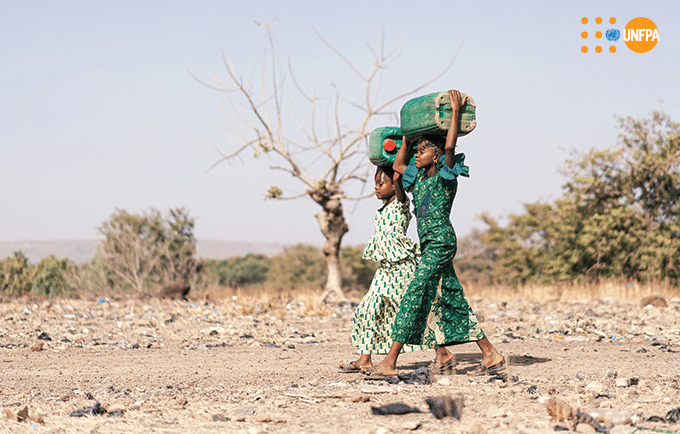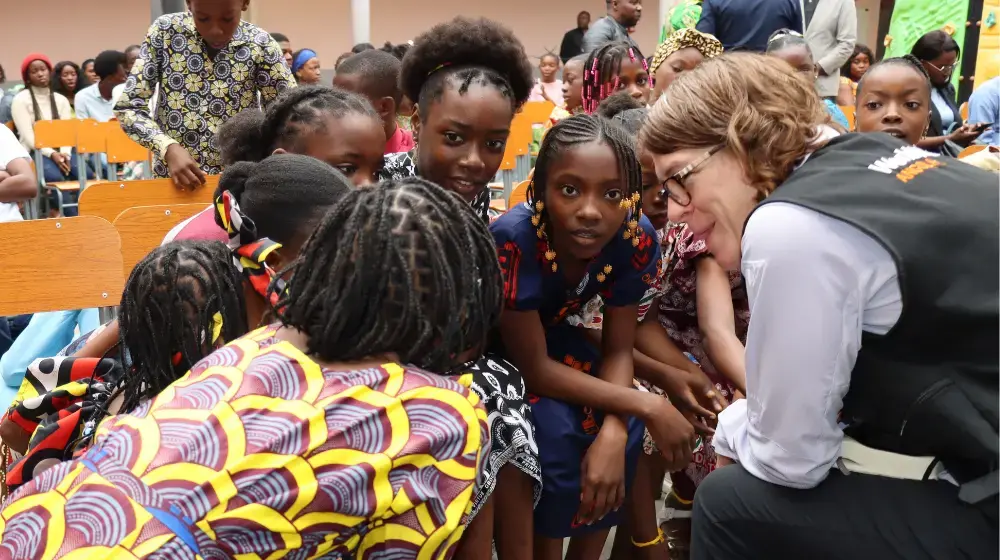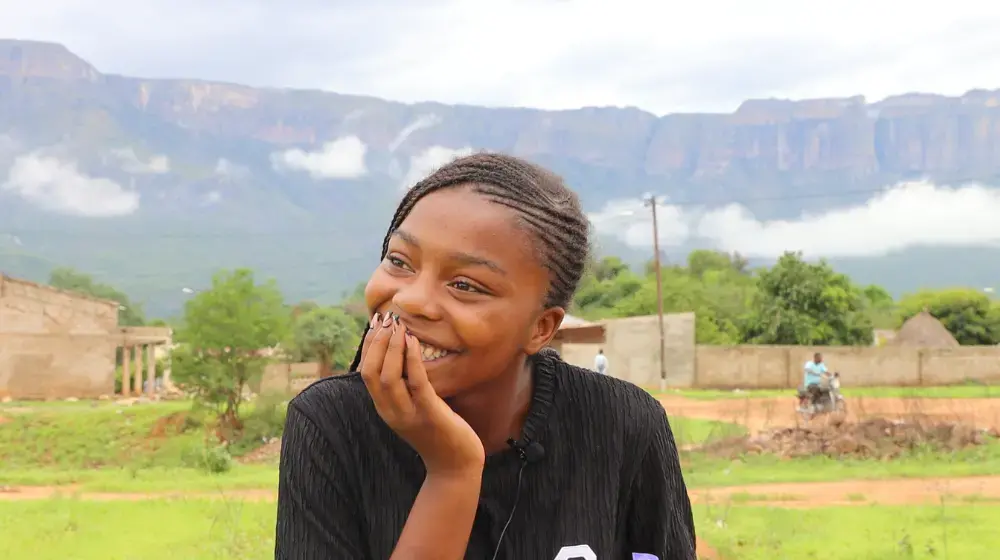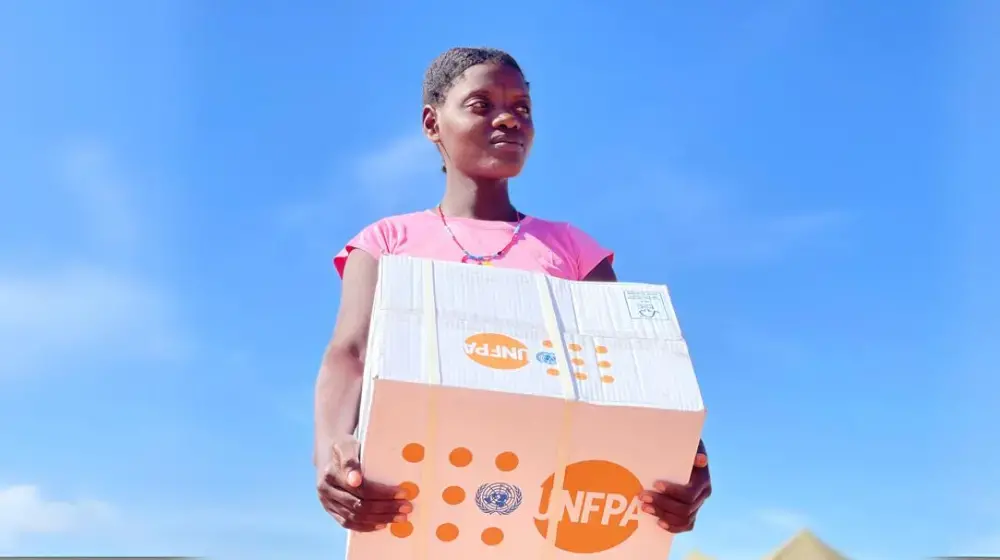MINSA, World Bank and UNFPA mitigate sexual and reproductive health crisis in provinces affected by droughts
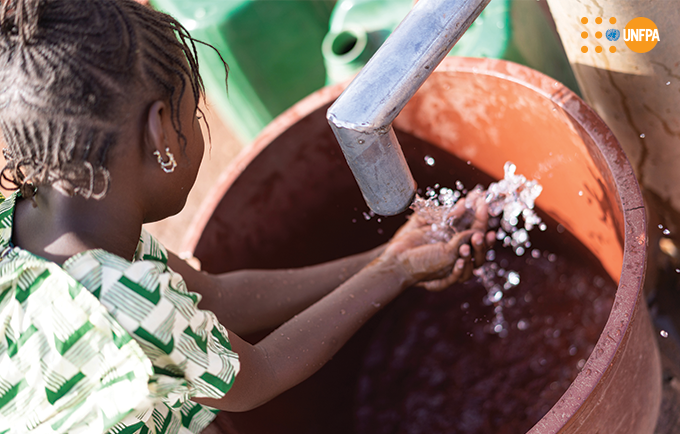
The Ministry of Health (MINSA) is aware of the impact of drought in the south of the country on the health of women and young adolescents. In conjunction with the World Bank and the United Nations Population Fund (UNFPA), MINSA is already working within the Health System Strengthening Program to respond to Sexual and Reproductive Health in the Drought Areas in Southern Angola. 350,000 women in Huíla, Cunene, Namibe and Cuando Cubango are expected to benefit from the program.
The images that come to us from southern Angola are worrying. The prolonged drought opens cracks in the rain-thirsty land. Children and young people dig deep wells, meters and meters inland, increasingly, looking for water. They close the wells with makeshift lids, lock them with padlocks. The merciless sun evaporates the traditional small lakes that give water to one of the most sacred treasures in the region, the cattle. Animals that do not survive rot in the parched earth.
Small gardens don't even germinate. The hunger spreads, little by little, in Huila, Cunene, Namibe and Cuando Cubango. With no options, populations flee to neighbouring provinces, some cross the border in search of relief in Namibia.
The scene is bleak and hides many dramas. Beyond food difficulties, extreme weather events create a domino effect of side crises, such as the degradation of the sexual and reproductive health of women and young adolescents. Aware of this, the Ministry of Health took letters on the matter. In conjunction with the World Bank and UNFPA, the Angolan authorities designed the Sexual and Reproductive Health Response interventions in Huíla, Cunene, Namibe and Cuando Cubango.
The logistical stage is ready. From now until the end of May 2022, around 350,000 women between the ages of 15 and 49 in these provinces will have enhanced access to integrated sexual and reproductive health services in their municipalities, with an emphasis on planning counselling family, informational actions on sexual and reproductive health, prenatal consultations and institutional births. It is estimated that, in a year, around 50,000 children can be born in the four provinces.
With these actions, which also want to reach about 280,000 sexually active men in the region, it is intended to reduce maternal and neonatal mortality, prevent the transmission of HIV, prevent and manage cases of gender-based violence and also guarantee the dignity of the hygiene of girls and women during menstruation. An important part of the program's funds goes to the distribution of so-called Dignity and Reproductive Health Kits. Other youth-oriented services, such as mental health care, psychosocial support, or activities to protect girls and women at the community level, are also part of the project.
In addition to direct action with the population, MINSA, World Bank and UNFPA will also train health professionals in matters of sexual and reproductive health and assistance to pregnant women. It is also intended to strengthen the capacity of national, provincial and municipal public institutions to generate and use disaggregated data to support policies and programs to combat inequalities in development, including in humanitarian contexts.
According to the United Nations, the current drought in southern Angola is the worst in four decades. It is estimated that at least 1 million people are at food risk and that 40% of the region's crops are irretrievably lost. The situation doesn't seem to improve in the short term. In the face of discouraging signs, working on all fronts is urgent.


